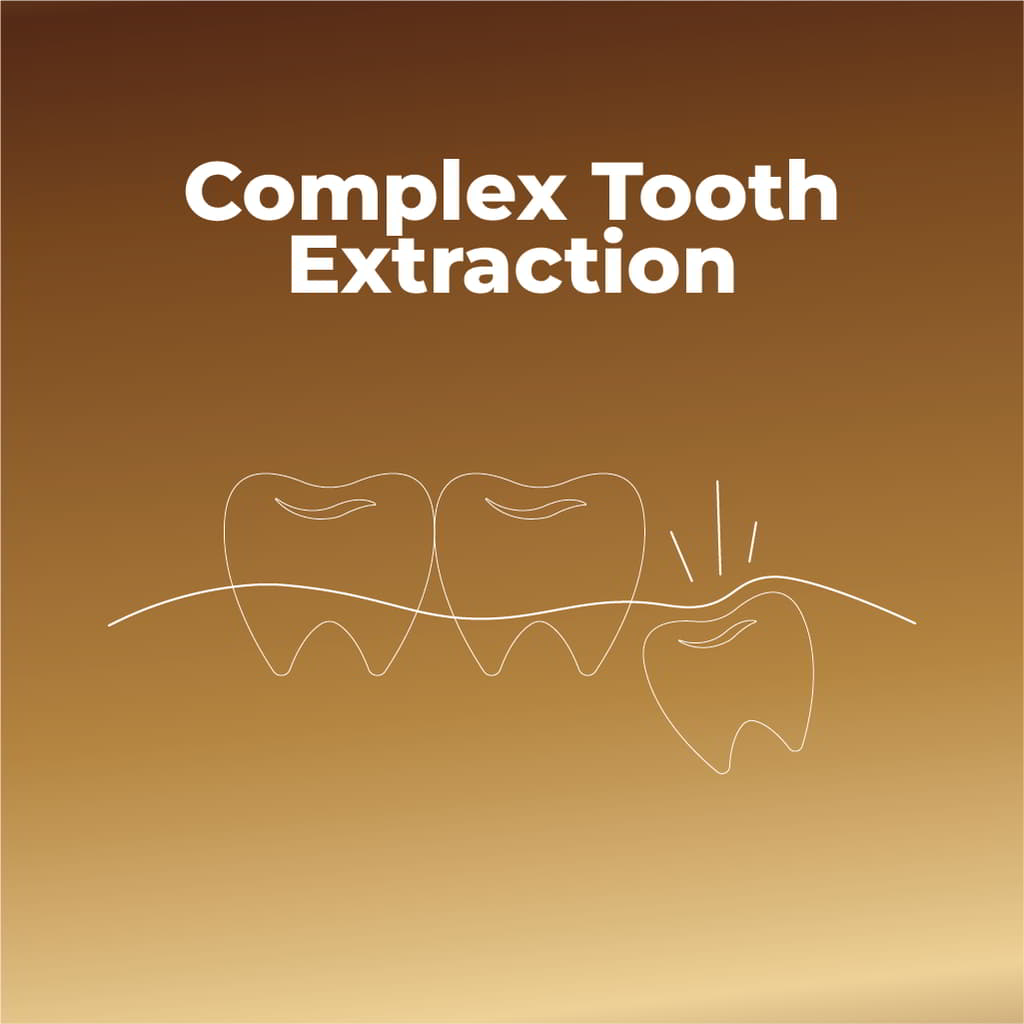What Is A Complex Tooth Extraction?
Complex tooth extractions define extractions that are difficult to perform due to the surgical nature of the extraction process, this could be when teeth have not erupted fully from the gum or when the tooth has severely broken down below the gum level. This is very common in wisdom teeth.
Wisdom teeth, or third molars, are the last teeth in your mouth to erupt. They come out of the gumline at the very back of the mouth on both the left and right sides on the top and bottom jaw, and typically emerge between the ages of 17 and 25, though they can appear earlier or later.
You may not always know your wisdom teeth are coming in, though some common signs include redness and swelling of the gums at the back of the mouth. The area may feel tender, and you may even see white spots on the gum where the teeth have begun to poke through. You may experience mild pain in your jaw or face due to the pressure of the wisdom teeth coming through.
Sometimes, these teeth can cause problems and need to be removed. Due to their position at the back of the mouth, removing wisdom teeth can be difficult, meaning wisdom tooth extraction often needs to be performed by a specially trained dentist.
If you suspect your wisdom teeth – or your teenager’s wisdom teeth if you’re a parent – might be coming in, it’s a good idea to see a dentist and ask them to check that your wisdom teeth are developing properly. Your dentist will conduct a visual exam, and may decide to perform an x-ray to look internally and check that the teeth are growing correctly inside the jaw.
Why Would I Need A Wisdom Tooth Removing?
There’s a number of reasons why you might need a wisdom tooth extraction. You have 4 wisdom teeth in total, and may need just one, or all of your wisdom teeth taken out.
Wisdom teeth that have not erupted from the gum, or have only emerged partially are sometimes called impacted wisdom teeth. Impacted wisdom teeth happen when the tooth gets stuck in the jaw because something blocks the tooth from emerging fully. This can be caused by overcrowding or by the wisdom tooth erupting at an angle, causing it to hit other teeth.
Impacted wisdom teeth can cause problems like:
- Bad breath (due to bacteria)
- Infections
- Damage to other teeth
- Jaw pain and headaches
- Gum disease
- Tooth decay
- Cysts
- Swelling
- Pain and discomfort
What Should I Expect From A Wisdom Tooth or Complex Tooth Extraction?
A wisdom tooth extraction might sound scary, but our dentists are specially trained to perform this procedure safely.
First, your dentist will administer a local anaesthetic to the area where a tooth is being removed, letting you stay awake for the procedure without any pain.
If your wisdom tooth is under the gum, your dentist may need to make a small incision to access the tooth. Next, your dentist will gently rock the tooth back and forth, widening the socket to allow the tooth to come out. In most cases, this will be enough to successfully extract the tooth, however, in some cases the tooth may need to be cut into smaller segments.
Simple wisdom tooth extractions can take as little as 20 minutes per tooth, but complex cases can take longer.
You may feel some pressure when the tooth is removed, but the procedure should be painless due to the local anaesthetic. Tell your dentist if you experience any pain.
Can I Have A Referral To A Specialist For My Wisdom Tooth Or Complex Extraction?
At Synergy Dental, we run Specialist-Led Minor Oral Surgery Clinics across the North West, supporting our local dentists to refer to us for the difficult and complex extractions. Each town in the North West typically has one single clinic that has been appointed by the NHS to allow local dentists to refer for wisdom teeth extractions, complex extractions or sedation. Several of our clinics have been appointed as Oral Surgery Clinics in the North West – as a group, we’re proud to say we perform the highest number of treatments from Oral Surgery referrals across the North-West. We have hospital-based Oral Surgeons trained to manage these difficult extractions, including providing sedation for our patients.
To be referred to Synergy for your treatment, you will need to ask your dentist to request a referral through the NHS central referring system, though be aware that the wait for NHS dentistry can be longer. As a patient, you can also self-refer to one of our Oral Surgery Clinics by calling us and booking in as a private patient, which may allow you to be seen sooner.
Why Can’t My Usual Dentist Perform A Wisdom Tooth Extraction Or Complex Extraction?
Not all dentists have the level of skill and training to be able to perform complex surgical extractions.
At Synergy, we work hard to train and upskill our dentists to allow them to offer the widest range of services for our patients. Through our training arm, SynTrain International Academy, we run post-graduate courses, including university-endorsed MSc level courses, where our dentists can improve their skills and go on to teach advanced dental techniques to others. Many of our dentists are qualified dental implantologists and oral surgeons – as the North-West’s leading provider of Straumann dental implants, our dentists have years of experience using advanced oral surgery techniques.
FAQ
How Do I Know If I Need My Wisdom Teeth Removing?
You can usually tell you have a problem with your wisdom teeth, as it tends to be very uncomfortable, though some people might have a problem with their wisdom teeth and not experience pain.
Your dentist can determine if you need a wisdom tooth extraction. They will usually do this with an x-ray to check that the teeth inside your jaw are growing properly.
My Previous Dentist Broke My Tooth, What Should I Do Now?
Occasionally, if a tooth is badly decayed or already very weak, during the extraction, the tooth can ‘snap’. This means that it may become problematic for a general dentist to remove this tooth, as they may not have the experience or training needed to safely perform these difficult extractions, meaning they may need to refer you to a specialist within your town/city.
Can I Have Sedation For My Wisdom Tooth Or Complex Extraction?
Yes you can. If you are being referred by your dentist, please ask them to refer you for sedation as well. If you are a self-referral, please speak to your oral surgeon at your consultation appointment and we will perform an assessment to ensure you are medically fit for sedation.
Can I Go Home After A Wisdom Tooth or Complex Tooth Extraction?
You are allowed to go home after a wisdom tooth extraction, as it only involves local anaesthetic rather than a general anaesthetic, which is used in hospitals.
It is a good idea to get someone to take you to and from your appointment as you may feel pain as the anesthetic wears off. We do not recommend driving after oral surgery.
What Aftercare Should I Follow After A Wisdom Tooth Extraction or a Complex Tooth Extraction ?
Like all oral surgeries, wisdom tooth extractions and complex extractions come with a risk of complications. To minimise infection risk, your dentist may prescribe antibiotics or antiseptic mouthwashes, and explain to you how to take them. You can promote healing and reduce the risk of infection by following your dentist’s guidance and taking your prescribed medications.
For a few days after, you may experience some pain, swelling, and minor bleeding. Avoid hot drinks which can worsen bleeding, and avoid drinking through a straw, which can put pressure on the surgery site and encourage bleeding. You should also stop smoking, as smoking dramatically increases the risk of infection.
Eat lots of soft foods, and avoid chewing on the surgical site. Keep your mouth clean following your dentist’s instructions.
Use cold compresses and over-counter painkillers to alleviate any pain, and take a few days off work or school to recover.
Contact your dentist if you are concerned about any pain.









Patient Reviews
Apply for Dental Finance!
Using our finance calculator you can approximate your total cost for dental work and choose to repay from multiple options.
Other Dental Treatments
-
Sale!
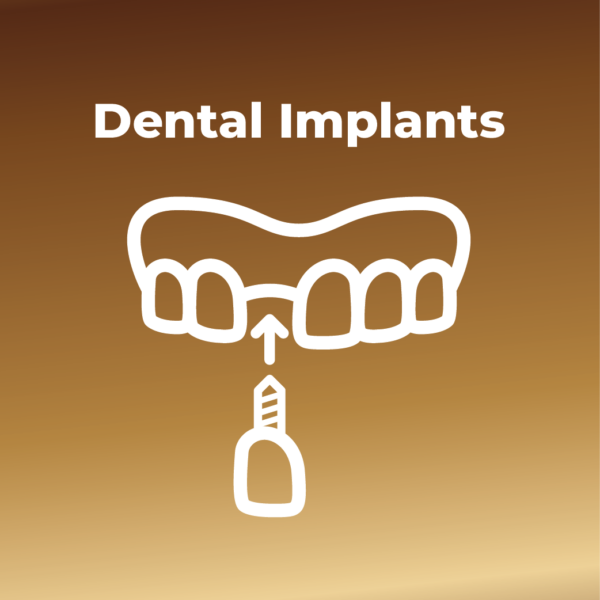
Dental Implants
£30 – £20,000Price range: £30 through £20,000 Select options This product has multiple variants. The options may be chosen on the product page -
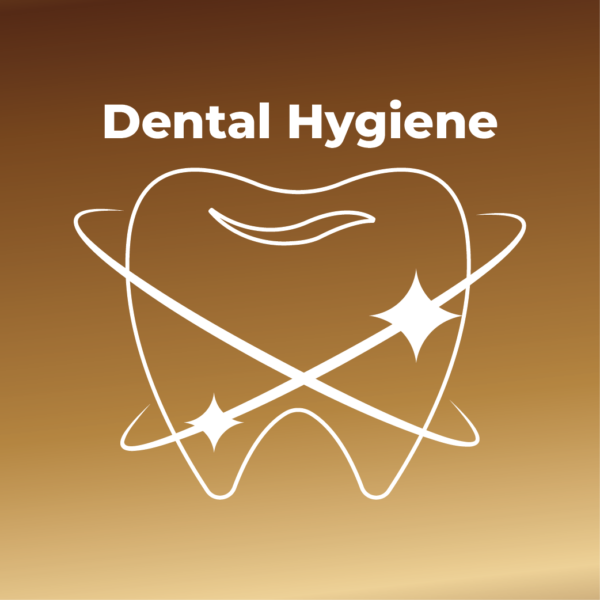
Dental Hygiene
£50 – £175Price range: £50 through £175 Select options This product has multiple variants. The options may be chosen on the product page -
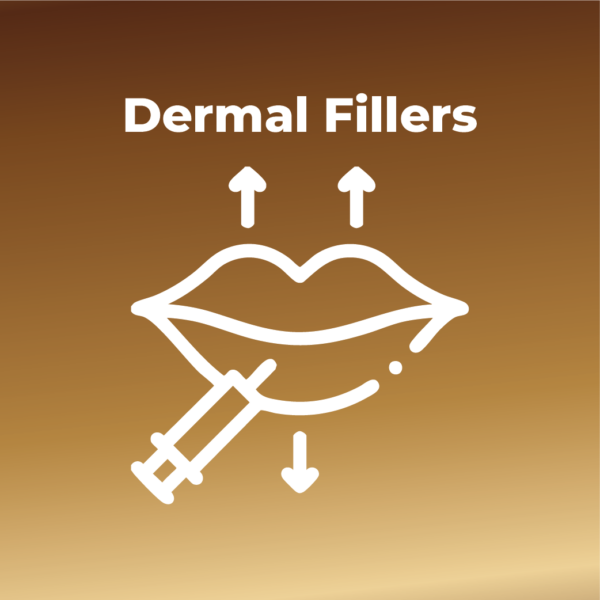
Dermal Fillers – Lips
£250 – £300Price range: £250 through £300 Select options This product has multiple variants. The options may be chosen on the product page -
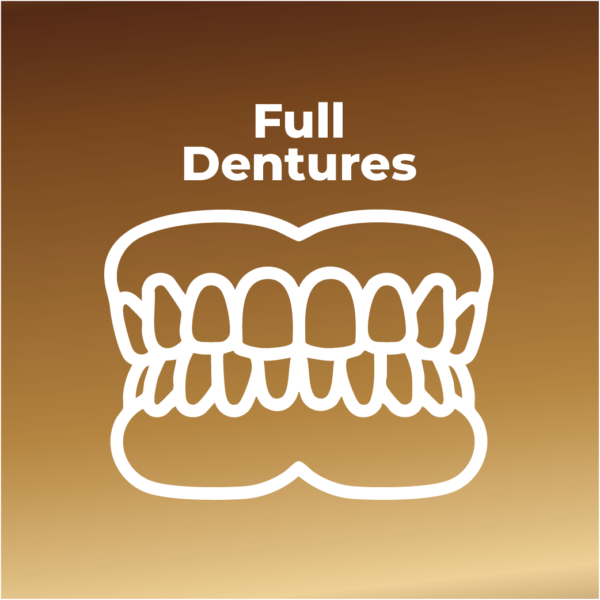
Valplast® Flexible Dentures
£1,150 Select options This product has multiple variants. The options may be chosen on the product page

